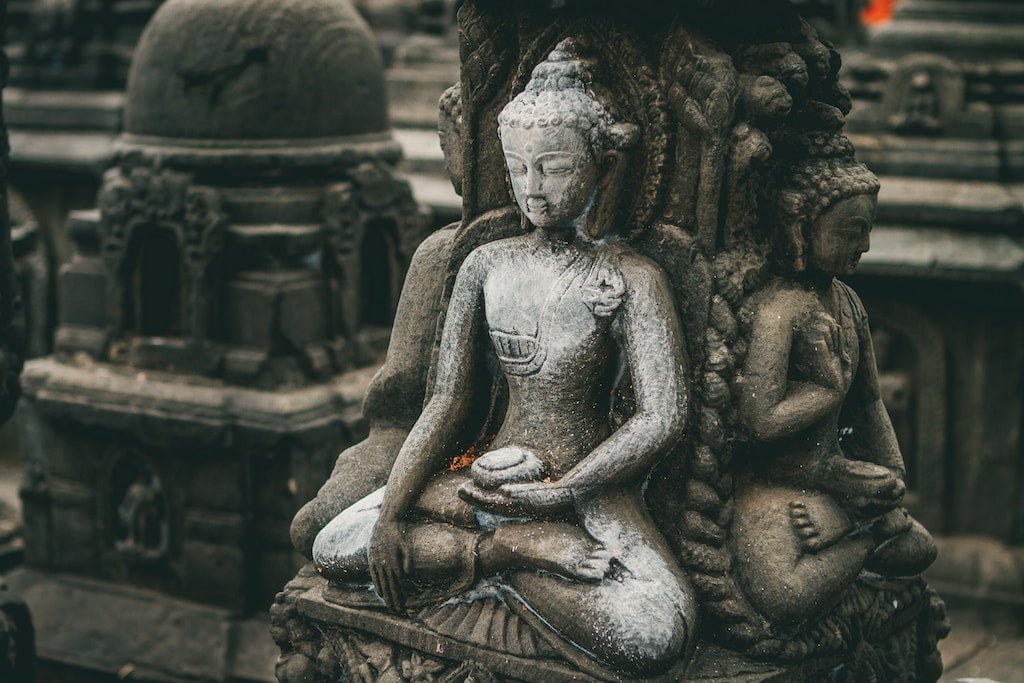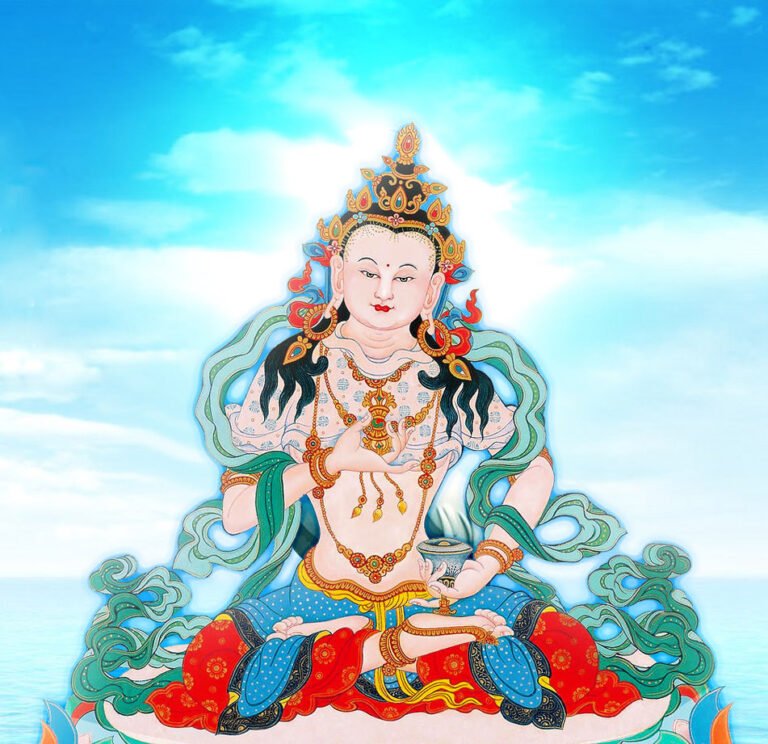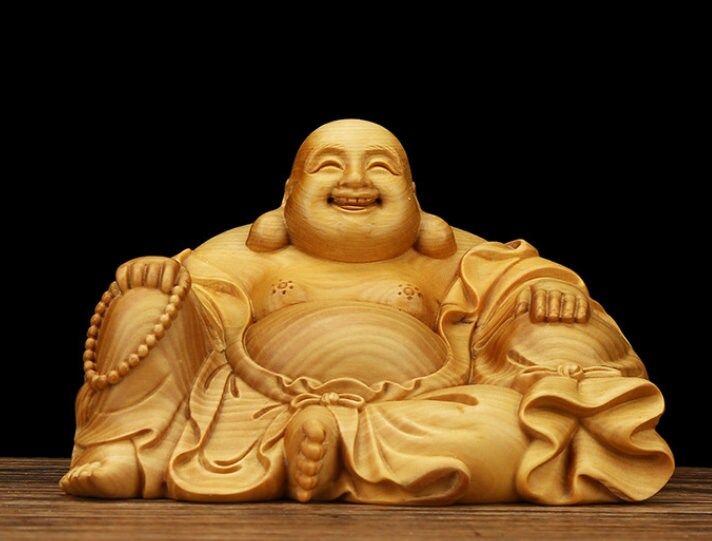As we have learned in previous articles, to walk the noble eight-fold path, we must first purify our body, speech and mind, and repent all our transgressions. This is my regular cultivation practice that Grandmaster recommends that all lay practitioners cultivate at least once a day. As I have experienced, and as mentioned by my dharma instructor, Robert, something funny happens when you consistently, diligently, and sincerely cultivate on a daily schedule. I found that a lot of aspects of my life fell into place, and life became more peaceful. Apparently the first stage of diligent cultivation, even before having a spiritual response, is that wishes are fulfilled. I can safely say, my practices brought me quite close. Of course, that shouldn’t be the reason that one cultivates.
The Vajrasattva practice is the first practice that students of the True Buddha School learn and the also the daily practice that is performed before our Yidam (Personal Deity) practices. In a lecture by Master Lian Jia, from the 2021 True Buddha classes online, the Vajrasattva practice (Four Preliminaries Practice) was explained. Within the Vajrasattva/Four Preliminaries practice, practitioners recite the Fourfold Refuge Mantra, the Great Homage, the Great Mandala Offering,the Rebirth Mantra (Deliverance), Repentance Mantra, the sutra of the Four Immeasurable Minds, the High King Avalokitesvara Sutra, the Heart Mantra of the Root Guru, the 100-syllable mantra (for purification) and more. The goal for the Vajrasattva practice is to purify oneself to eliminate karmic hindrance until one opens their vajra-heart.
Practitioners recite the fourfold refuge mantra to generate the strength of reliance in which their hearts depend and rely on the Root Guru, the Buddha, the Dharma, and the Sangha in order to attain spiritual conviction and accomplishment. The practice of the Great Homage reflects one’s reverence and devotion towards the buddhas, bodhisattvas, dharma protectors, dakas, dakinis, and deities, and prostration allows practitioners to overcome pride, remove attachments and to purify their bodies, speech, and minds. The Great Mandala offering allows practitioners to rapidly accumulate merits which help to increase their virtue and wisdom. This powerful practice can eliminate eons of negative karma.
The main deity of the Four Preliminaries practice is Vajrasattva, which is an integration of the 5 Buddhas (Adama, Primordial Buddha, etc…) into a 6th Buddha. Vajrasattva is a peaceful yidam (personal deity) who holds a Vajra bell, symbolizing wisdom, in their left hand and the vajra septre, symbolizing compassion, in the right hand. When cultivating, we open our vajra-heart, that is, we attempt to achieve an adamantine (or indestructible) mind, a mind of non-retrogression, an eternal mind. This is sometimes equated to sitting in emptiness. However, an empty mind does not imply lack of thoughts, but rather, that our thoughts do not affect us, and we in turn cannot be destroyed by our own thoughts. This is the key essence of the Heart Sutra, and in turn, the Diamond Sutra (which refers to the Vajra-heart and the emptiness and impermanence of our physical world). The importance of cultivating the Four Preliminaries include cultivating our bodhicitta, which might be considered as the concept of loving others, having compassion, and in general, having the four immeasurable minds. The Four Immeasurable minds mentioned in the practice refers to practicing loving-kindness, compassion, empathetic joy, and equanimity.
To achieve the Vajra-heart, we do need to repent, which is why the Repentance Mantra is recited 108 times. In my own cultivation, while reciting, I reflect on my own transgressions, big or little, and truly reflect in my own heart how to rectify and repent my mistakes. This is a very big step in achieving enough self-awareness to develop bodhicitta, by forgetting the selfish attachments and developing the heart for others. This is often used in a lot of success courses as well, reflected in the statement: “judge not, lest ye be judged”. Even in Psychology, we discuss the Freudian mechanism of “projection”, in which project our own faults on people. Therefore, we should repair and purify our own minds first. The daily habit of practicing the Vajrasattvapractice helps to develop this self-awareness that we need to purify ourselves of our three poisons (greed, hatred and ignorance) such that we can develop our bodhicitta nature, andbecome a true practitioner.
By Yvonne Wong, Ph.D.
References
Master Lian Jia. (24th July, 2021). Class session 7: “Vajrasattva Practice”. 2021 True Buddha School Introductory and Training Course for Current and Future Lay Dharma Propagators.





